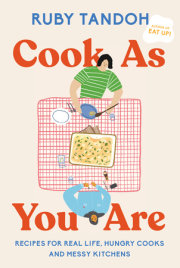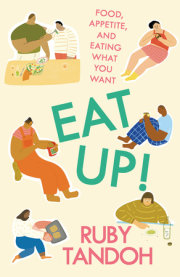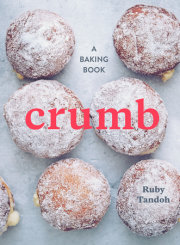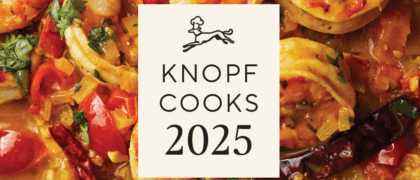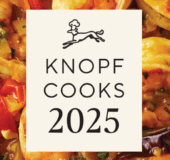Now Available: Knopf Cooks 2025 Catalog
The 2025 catalog for Knopf Cooks is now available to browse, download, and share on PRH Retail! Editorial Director Lexy Bloom writes, “This year at Knopf Cooks, we are publishing cookbooks and food writing that, we believe, tell stories of our America. These are stories of families, of immigration, of dishes passed from generation to generation.






